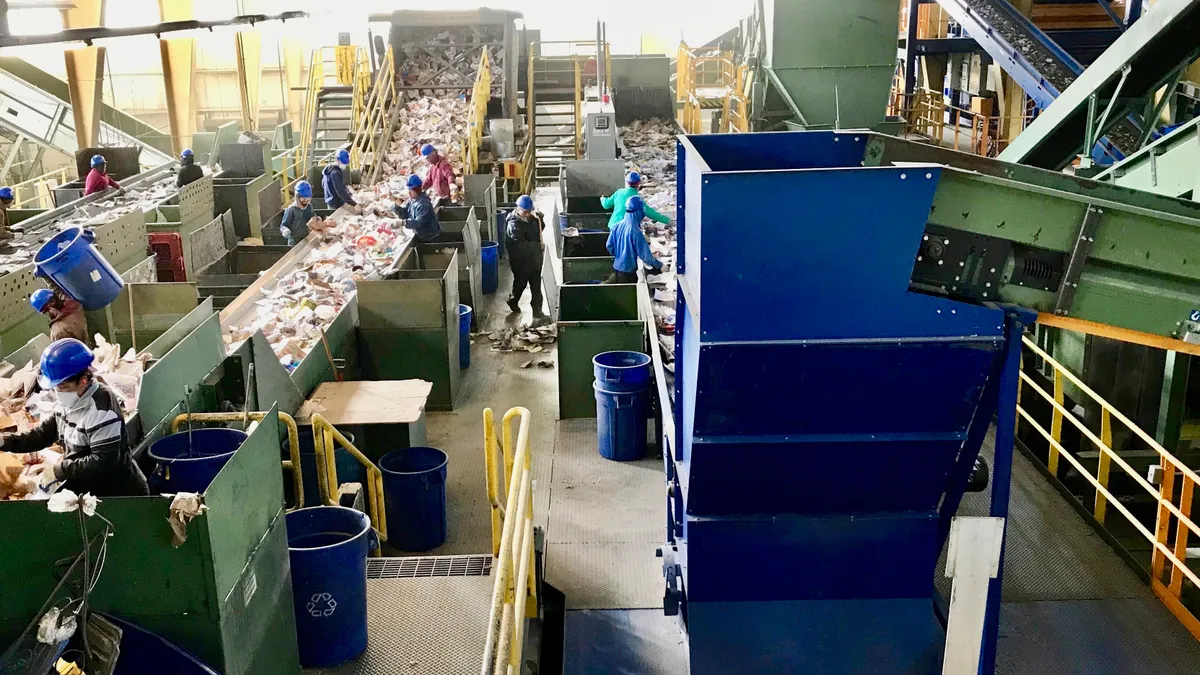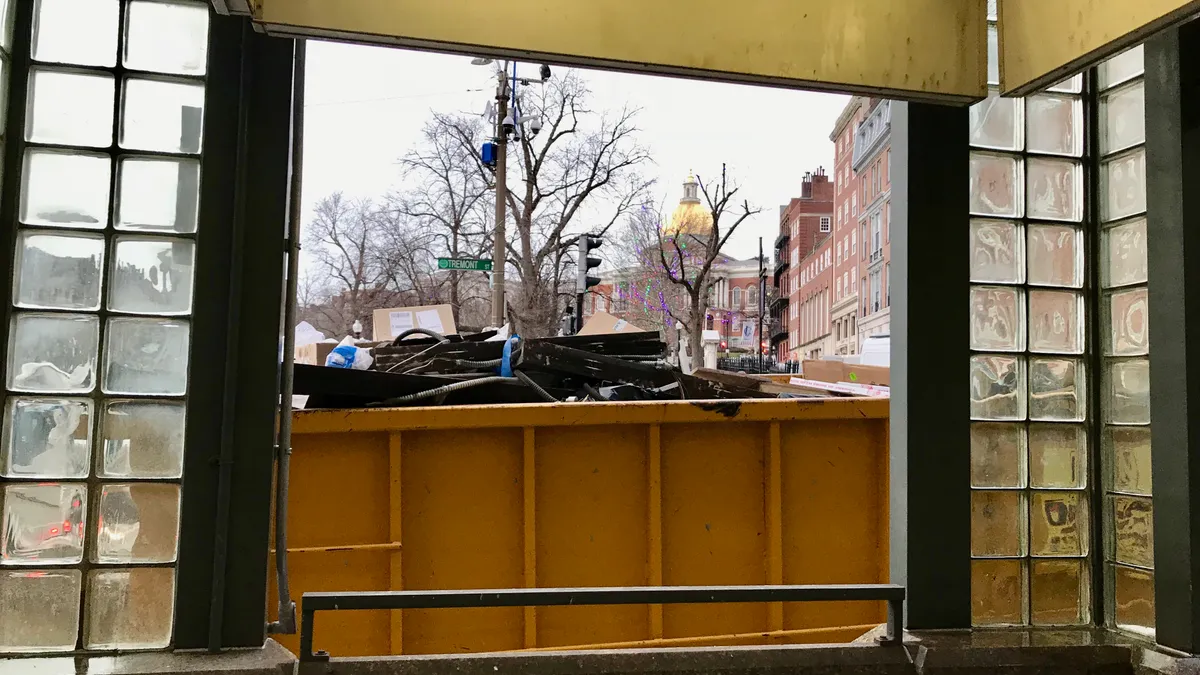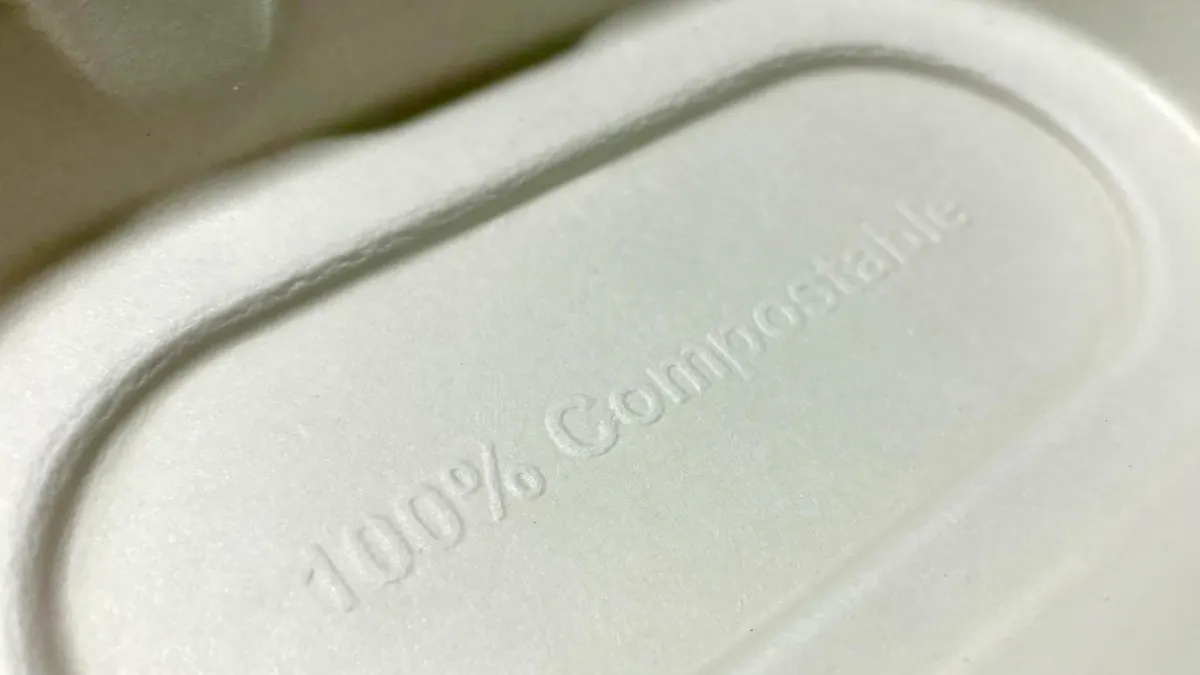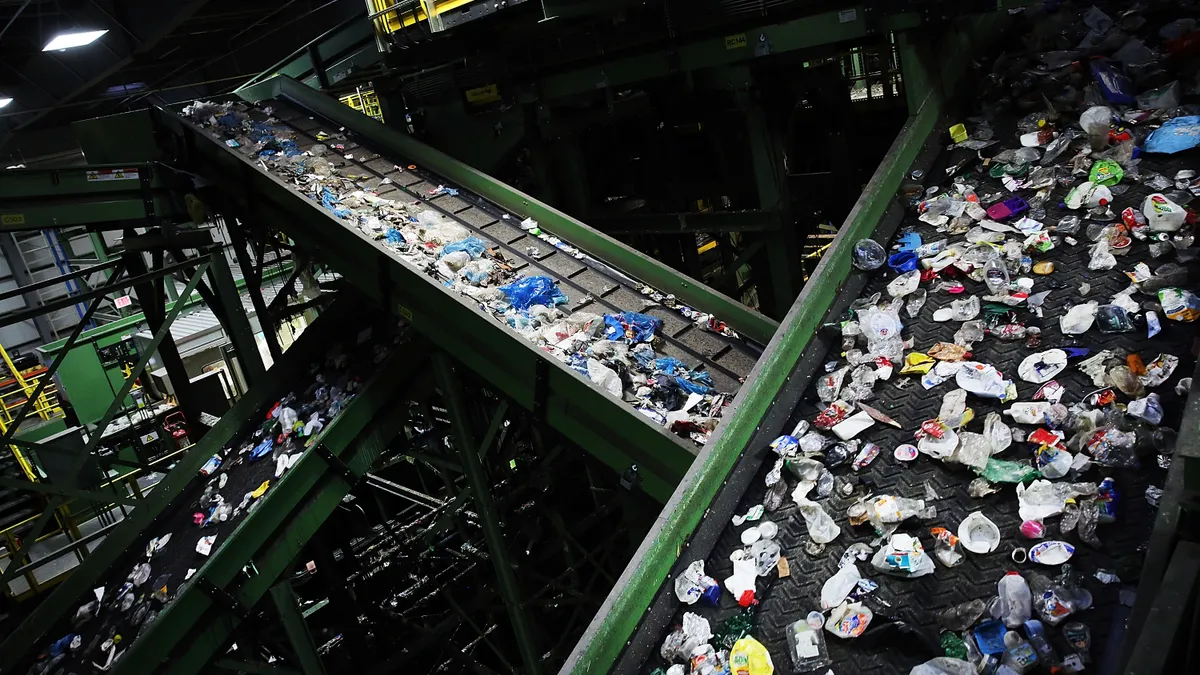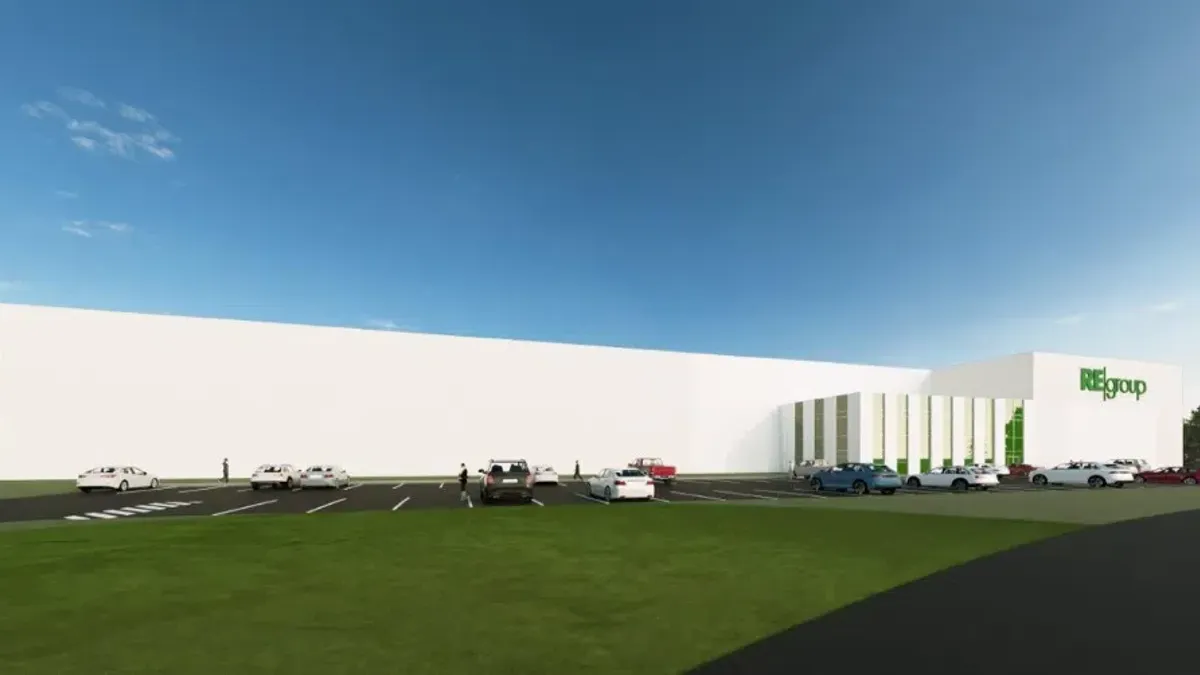The following is a guest piece by Kate Bailey, the policy and research director at Colorado recycling and zero waste organization Eco-Cycle and a founding member of the Alliance of Mission-Based Recyclers.
The RECYCLE Act and the Break Free From Plastic Pollution Act were both reintroduced in Congress last week. They represent radically different approaches to improve our nation's recycling system.
The RECYCLE Act offers a marginal change at best while the Break Free bill puts forward several policy tools that represent systemic change. It’s no surprise RECYCLE has broad support within the recycling industry while Break Free faces a lot of resistance.
My challenge to the recycling industry right now is to rethink our priorities. This is our opportunity to enact sweeping policy reform to transform U.S. recycling into an equitable, financially sustainable collection program that supports a circular economy. Now is not the time to “recycle” the same old mantra that we need more education.
Within the Break Free proposal are four fundamental pillars to build the recycling system of the future:
-
Extended producer responsibility (EPR) to create a financially sustainable collection program and embed the costs of recycling into the price of the product;
-
Deposit return system (DRS) to drive participation and increase capture rates of beverage containers;
-
Minimum recycled content requirements to improve market demand for recyclables and reduce environmental impact of packaging; and
-
Source reduction targets and funding, including a focus on refillable and returnable containers.
This package of policies is unparalleled in scope and has the potential to transform the recycling system, accelerate innovative reuse models, and drive greater sustainability in product design. It is a monumental moment in the fight against plastic pollution and consumption.
Education as a supporting role, not a lead role
Meanwhile, the RECYCLE Act is a distraction from the systemic changes in recycling policy and infrastructure that’s needed. We have been around the block with recycling grants at both the state and the federal level for decades. They do not fundamentally move the needle on recycling progress.
Yes, education is pivotal to making programs run more effectively and reducing contamination, and EPR policies will create the funding mechanism for more consistent investment in education. However, there has been far too much emphasis on the importance of education and putting the onus on consumers to solve our recycling problems.
Education doesn’t work if products are not designed to be recycled, if the collection infrastructure cannot properly capture and process the materials, and if the markets do not exist to drive the use of those materials into recycled products. What we need now is radical sweeping change in policy and infrastructure, supported by recycling education, not led by it.
On the infrastructure front, investments need to prioritize expanding what we know works: collection and processing for core recyclables including cardboard, paper, metal, glass, and PET, HDPE and PP containers. Funding these programs will immediately improve recycling rates, create jobs and reduce GHG emissions, compared to speculative investments in new technologies for film plastics. No funding should be used for plastics-to-fuel projects.
The Zero Waste Act of 2019, focused largely on organics infrastructure and electronics, provides a good model for how to build back better by prioritizing living wages, source reduction and environmental justice criteria. However, infrastructure investment without policy change are not a long-term solution to strengthen recycling; it is a stop-gap measure at best. Local, state and federal governments should not continue to foot the bill for recycling infrastructure, and we need EPR policies to change this fundamental funding mechanism of recycling.
Change is hard but we need systemic thinking, not Band-Aids
The Break Free From Plastic Pollution Act is the first national effort to target systemic changes across the entire recycling system. This is the type of big picture systemic change we need to be talking about at the federal level.
As with any groundbreaking vision, there are areas for improvement in the bill, most notably the need to work more closely with MRFs and haulers to transition to a full EPR and DRS system. Yes, bottle deposits and EPR will change curbside recycling as we know it. That's the point. However, it can be done, and needs to be done, in a way that engages the recycling sector to build upon and leverage the existing capital investments and contracts, protects against stranded assets, and prioritizes locally operated and owned infrastructure.
Let’s break down how this transition could work. First, for both DRS and EPR programs, we need to acknowledge the tremendous growth opportunities for recycling collection and processing service providers to handle substantially more materials, despite some potential short-term disruptions. To aid in the near-term transition to DRS programs, solutions to explore include allowing MRFs to redeem container deposits, allocating unredeemed funds to help retrofit MRF equipment, or partnering with existing MRFs to market containers.
Two key elements of the transition to EPR systems are hauler and MRF engagement on the development of EPR stewardship plans, and contract preferences to locally operated companies and infrastructure that provide additional community and social benefits.
It is likely that the composition of the stewardship entity and how EPR plans are developed will vary by state/region. States with robust existing recycling infrastructure, such as California and Oregon, may benefit more from an EPR reimbursement model. States with undeveloped infrastructure and limited local government involvement in recycling, such as Colorado, may benefit more from a producer-run program, although with stronger local accountability and stakeholder engagement than the British Columbia EPR program. In either case, that holy grail of how to create an ideal stewardship organization is still under hot debate across the U.S.
None of this will happen unless the recycling industry becomes more constructively engaged in these national conversations as well as in the state level. The Alliance of Mission-Based Recyclers supports the Break Free from Plastic Pollution Act as a groundbreaking policy to systemically address issues from production to disposal. It is the right conversation to be having right now about the future of recycling.
Let’s work together on a transition plan that supports the U.S. recycling industry as we evolve under new EPR, bottle deposit and minimum recycled content policies to build a recycling system that serves as the foundation for a more just, sustainable and circular economy.
Contributed pieces do not reflect an editorial position by Waste Dive.
Do you have an opinion on this issue, or other topics Waste Dive covers? Submit an op-ed.

